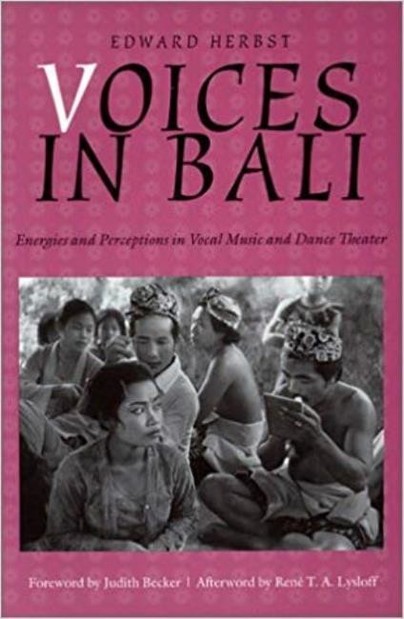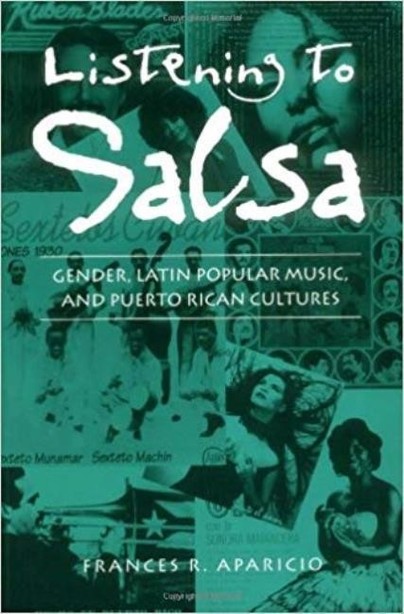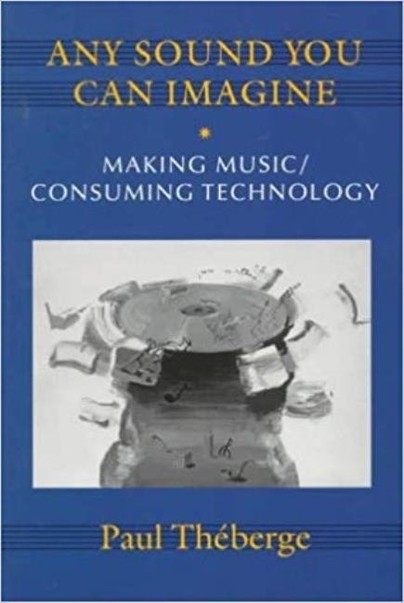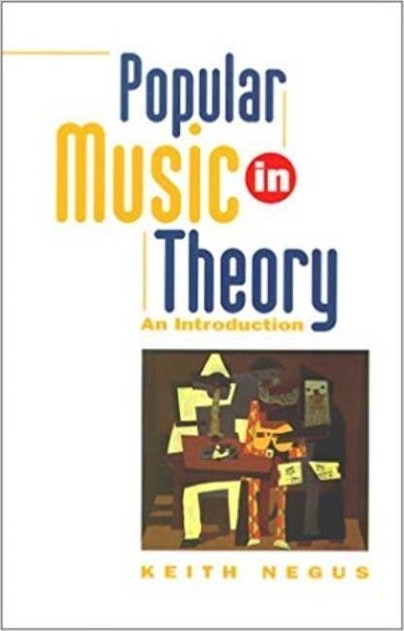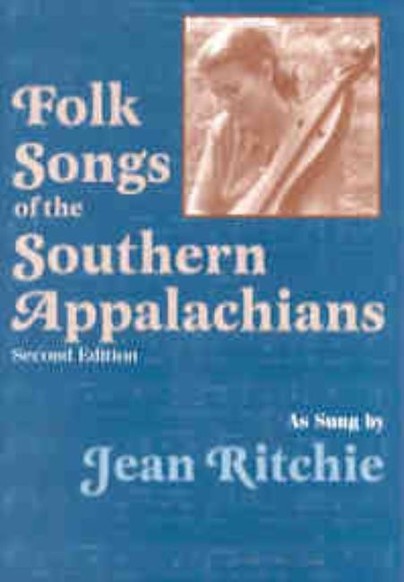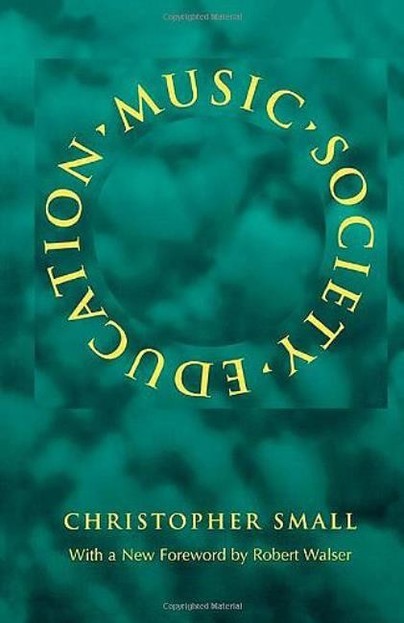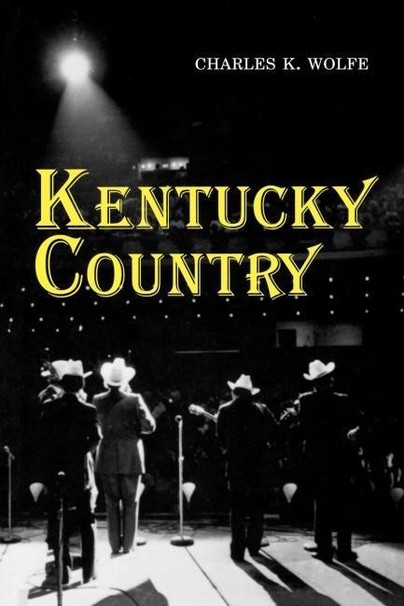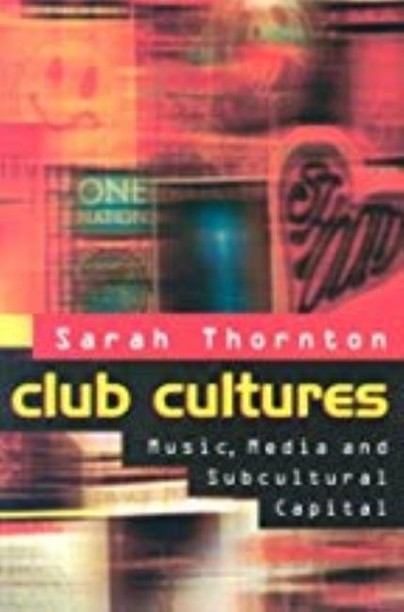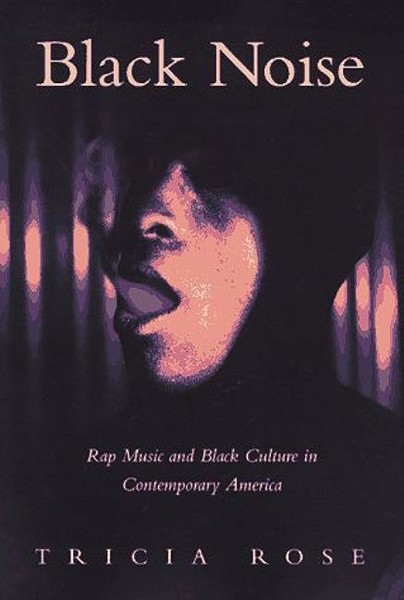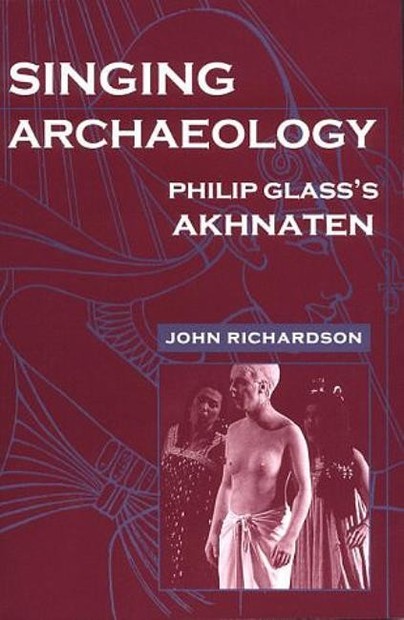
Format: Paperback
Pages: 310
ISBN: 9780819563422
Pub Date: 31 Mar 1999
Imprint: Wesleyan University Press
Illustrations: 6 illus. 7 figs. 36 scores.
Description:
While Philip Glass's operas, film scores, symphonies, and popular works have made him America's best-known classical composer, almost no analysis of his compositional techniques grounded in current cultural theory has yet been published. John Richardson's in-depth examination shows how the third opera of Glass's famous trilogy, the story of an adrogynous monarch who authored radical social and religious reforms, encapsulates Glass's ideational orientation at the time, both in terms of his unique conception of music theater and with regard to broader social questions. Glass's nontraditional musical syntax, his experimental, minimalist approach, and his highly ambiguous tonality have resisted interpretation, but Richardson overcomes those difficulties by developing new theoretical models through which to analyze both the work and its genesis.


